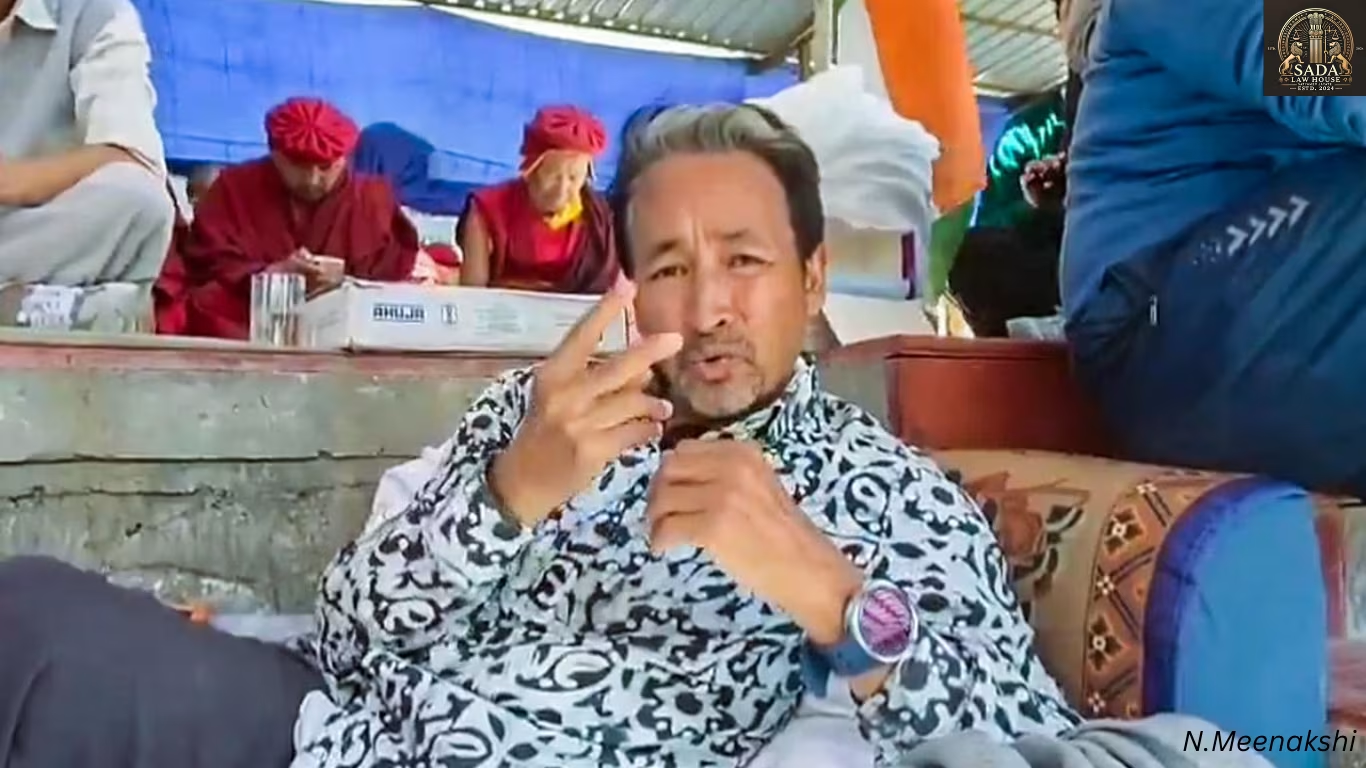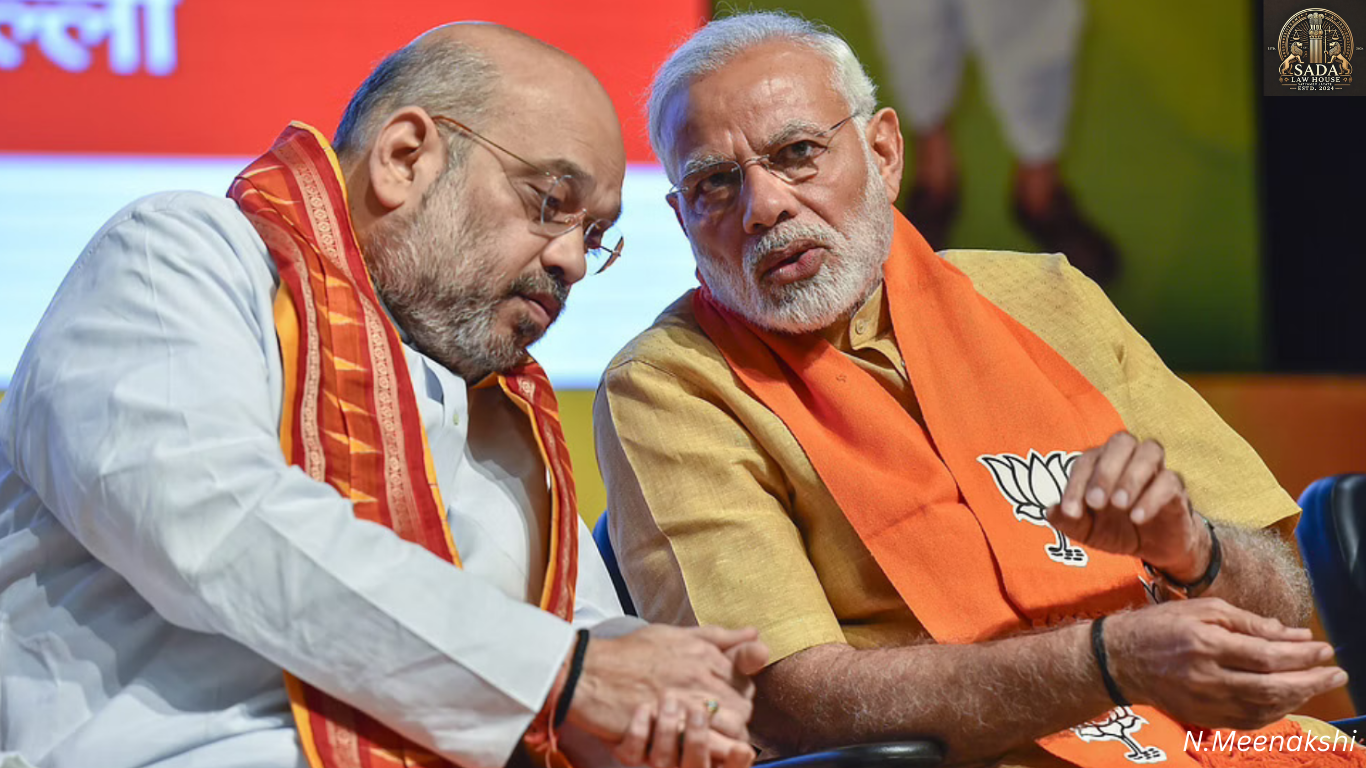Patna HC Rules Mandatory Retirement for Unapproved Absences as Excessive: A Case Analysis
- MAHI SINHA
- 12 May 2025

The Patna High Court rules that mandatory retirement for unapproved absences is excessive. In this blog, we explore the case of Deo Narayan Singh and its impact on disciplinary actions in the CISF.
The Penalty of Mandatory Retirement is Too Severe for Merely Unapproved Absences: Patna High Court Ruling
The Patna High Court recently made a significant ruling regarding the mandatory retirement of a CISF constable, finding that the penalty was excessively harsh for an unapproved absence. Led by Justice Purnendu Singh, the one-judge bench overturned the disciplinary action, deeming the punishment disproportionate under the constitutional framework.
Background of the Case
In 2010, Deo Narayan Singh, a constable with the CISF in Dhanbad, faced disciplinary charges based on a complaint filed by Sahdeo Thakur, a loading clerk. The accusations centered around three points:
Missing Night Duty: Singh allegedly missed two hours of his night shift on July 29, 2010.
Misconduct: He was accused of leaving his post and having an altercation with Thakur at around 1 AM that same night.
Past Disciplinary Issues: Singh had previously faced eleven disciplinary actions during his service.
Following an investigation under Rule 36 of the CISF Rules, Singh was found guilty and given the extreme punishment of compulsory retirement with full pension and gratuity.
The Legal Arguments Presented
Defense Argument: Mr. Bhairaw Sharma, representing Singh, argued that the punishment was far too severe, especially considering the nature of the accusations. He highlighted the lack of a preliminary show-cause notice and argued that Singh was not given adequate opportunity to defend himself, which violated the principles of natural justice. Referring to the case of Union of India v. R.K. Sharma, Sharma pointed out that similar cases had resulted in the remanding of the punishment for a more reasonable decision.
Prosecution Argument: On the other hand, Mr. Radhikaraman, representing the Union of India, argued that Singh had not provided any proof to suggest that he was denied a show-cause notice or a preliminary inquiry. He asserted that the original decision should stand, as no procedural errors had been made.
Court’s Findings and Ruling
Natural Justice Violation: The court noted that the Union had failed to provide sufficient details about whether Singh had been allowed a chance to explain his side of the story. Although a preliminary inquiry had been conducted, the court ruled that Singh had not been heard adequately, violating the principles of Natural Justice.
Punishment Overturn: Acknowledging that the allegations against Singh were substantiated, the court referred to the Amrender Kumar Pandey v. Union of India case. The court found that compulsory retirement in such cases was excessive and ordered the Disciplinary Authority to reconsider the punishment. The court emphasized that mandatory retirement was disproportionate for a simple unapproved absence.
Constitutional Considerations: The court also invoked Article 21 of the Indian Constitution, arguing that excessive penalties like mandatory retirement violate a person’s right to life and liberty. The judgment further stressed that such a penalty would be deemed irrational under Article 14 of the Constitution, which ensures equality before the law.
Conclusion
The Patna High Court’s decision sheds light on the importance of fairness and proportionality in disciplinary actions. By overturning the penalty of mandatory retirement, the court reinforced the need for due process and adherence to constitutional principles, including natural justice. This case serves as an important reminder of the necessity for disciplinary authorities to evaluate punishments in a fair and reasonable manner, ensuring that justice is served.






